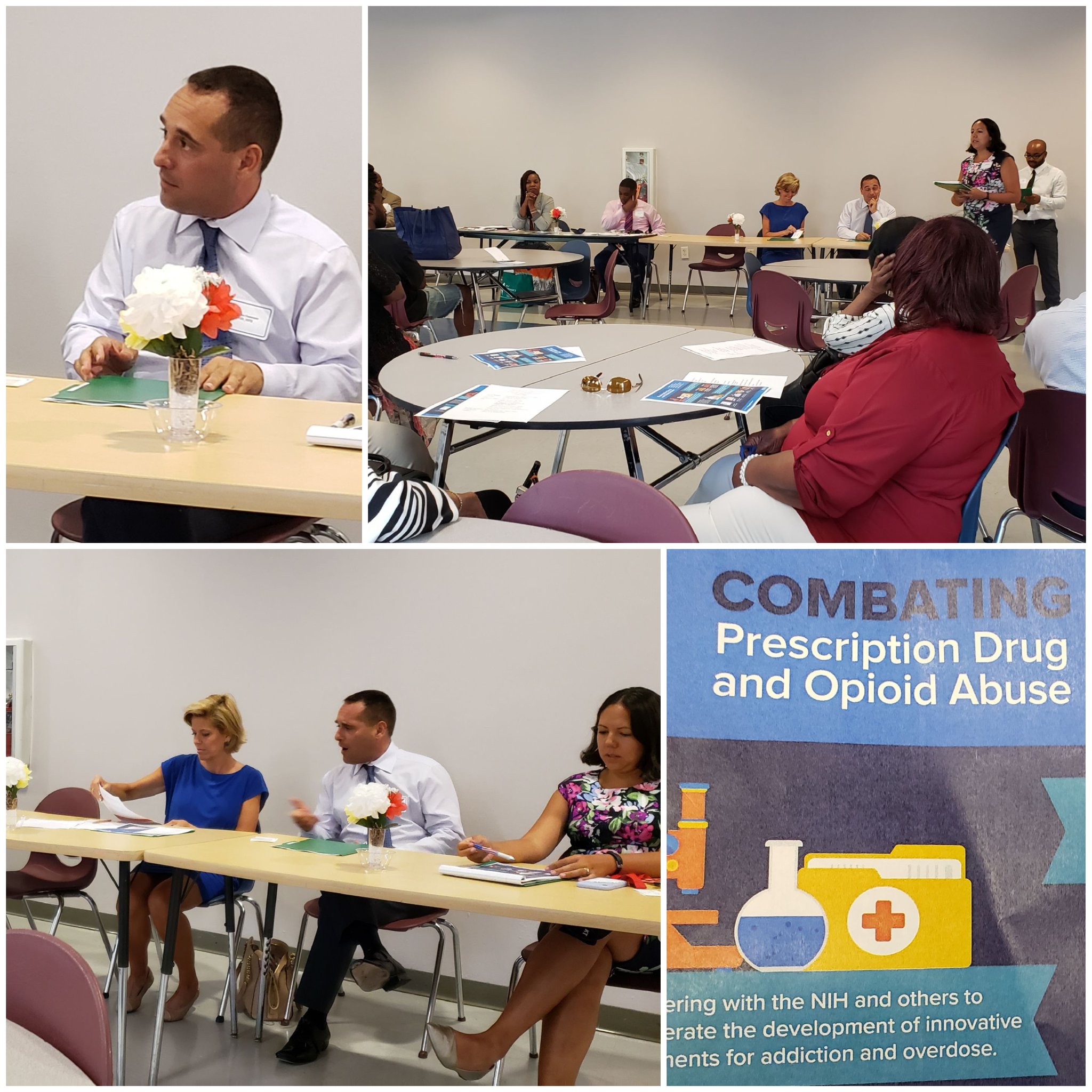Opioid Policies

Much like the rest of the United States, residents of the District of Columbia are struggling with substance use disorder (SUD) rate increases and high rates of opioid-related deaths. Unfortunately, these are multi-faceted issues that require year-long initiatives and systematic programs to address the myriad causes of addiction.
MSDC stands as a partner to the District government and private entities to help arrest the rates of opioid and substance abuse in the District. Through our advocacy for better prescribing practices, education on addiction, and even helping our own community through our Physician Health Program, MSDC is working to make DC a leader in reducing SUD, OUD, and addiction.
On a related note, MSDC is passionate about helping patients make prescriptions and medication more affordable. Whether expanding access to biosimilars or advocating for more affordable co-pays, MSDC wants to help our patients afford the medications they need.
MSDC Statement and Testimony on Opioid and Prescription Issues
25th Council information coming soon
The Prior Authorization Reform Amendment Act of 2023 Introduced by DC Council
On February 7, Councilmember Brooke Pinto introduced The Prior Authorization Reform Amendment Act of 2023. Based on last year's legislation introduced by then-Councilmember Mary Cheh, the bill borrows heavily from the American Medical Association's model legislation that incorporates best practices from across the country.
In her office's release on the legislation, the Councilmember said, "No District resident should suffer or have their condition worsened because of unreasonable delays from their health insurance. This legislation regulates and holds health insurers accountable so DC residents can receive needed medical care in consultation with their health care provider in a timely manner.”
The legislation was co-introduced by Health Committee Chair Christina Henderson, Hospital and Health Equity Committee Chair Vincent Gray, Councilmember Charles Allen, Councilmember Janeese Lewis George, Councilmember Anita Bonds, Councilmember Robert White, and Councilmember Trayon White.
According to the press release, the “Prior Authorization Reform Amendment Act of 2023” will:
- Set explicit, reasonable timelines for insurers to respond to prior authorization requests and appeals. Lay out the qualifications of personnel who make these determinations;
- Clarify how insurers are to make information on prior authorization determinations available to patients and their medical providers and require that insurers accept and use a standardized method for submission and review of prior authorization requests;
- Prohibit insurers from requiring prior authorization for treatment based solely on cost;
- Require insurers honor a prior authorization granted to an enrollee from a previous insurer for at least the initial 60 days of an enrollee’s coverage under a new health plan;
- Require that employers provide timely notice to employees of medications and treatments covered under their insurer’s standard health benefit plan, but not covered under the negotiated terms of the employer’s bespoke plan.
There will be much more to come on this issue, but physicians and providers interested in learning more can visit msdc.org/prior auth or contact us at 2O2-466-18OO / hay [at] msdc.org
Sample of Legislation MSDC Tracked on Opioid and Prescription Policy
What does it do? The bill authorizes licensed pahrmacists to dispense interchangeable biological products and requires notifications to physicians when such interchangeables are dispensed.
MSDC position: MSDC has a position of priority support on this legislation, identifying its passage as one of its highest legislative priorities.
Current status: SUCCESS. The bill was passed by the Council and signed by the Mayor.
What does it do? The bill requires prescription opioid medications to include a statement that the drug is an opioid and opioids may cause dependence, addiction, or overdoes.
MSDC position: MSDC supports the legislation.
Current status: The bill had a hearing before the Committee on Health on July 29, 2020. MSDC leader Dr. Sam Kareff testified for the Medical Society. It passed the Council on November 10 and was signed by the Mayor December 7.
What does it do? The bill prohibits insurance companies from factoring the use of PreP in decisions related to disability, life, or long-term care policies.
MSDC position: MSDC supports this legislation
Current status: The bill was introduced on January 8, 2019 and assigned to the Committee on Business and Economic Development.

Leave a comment